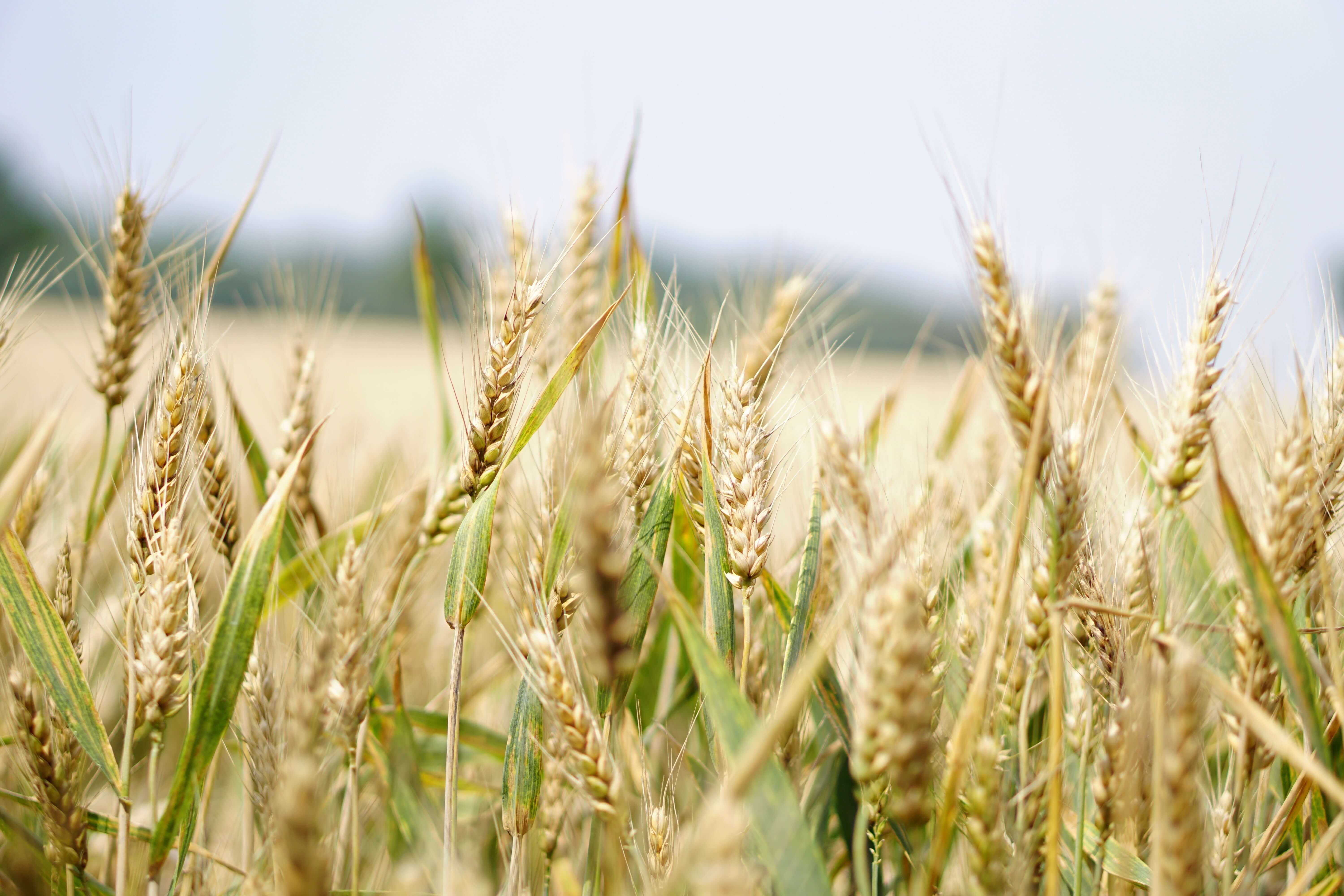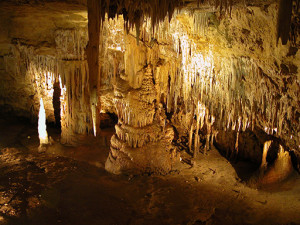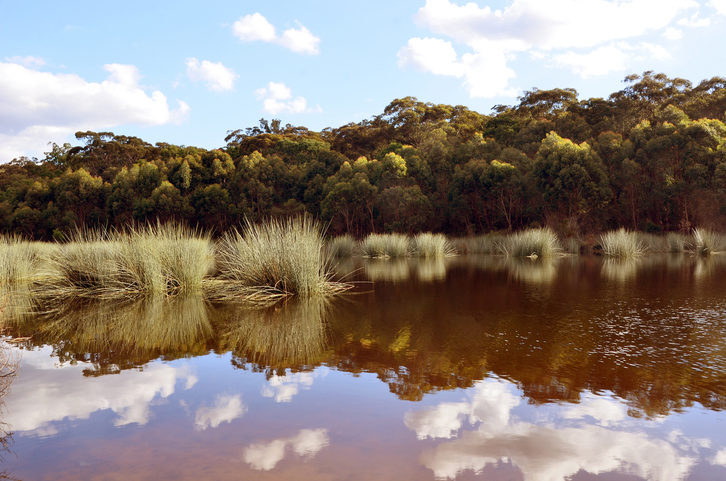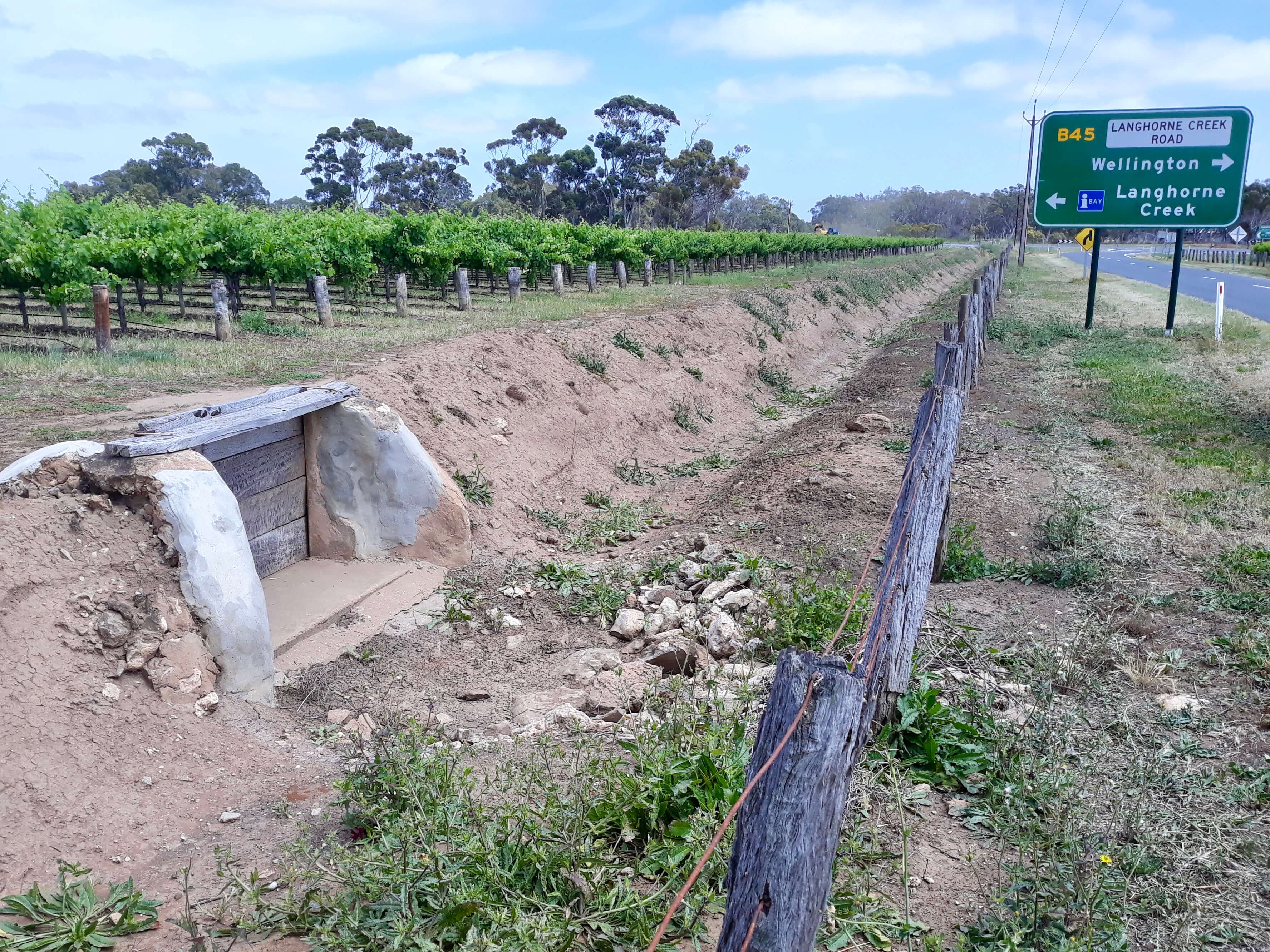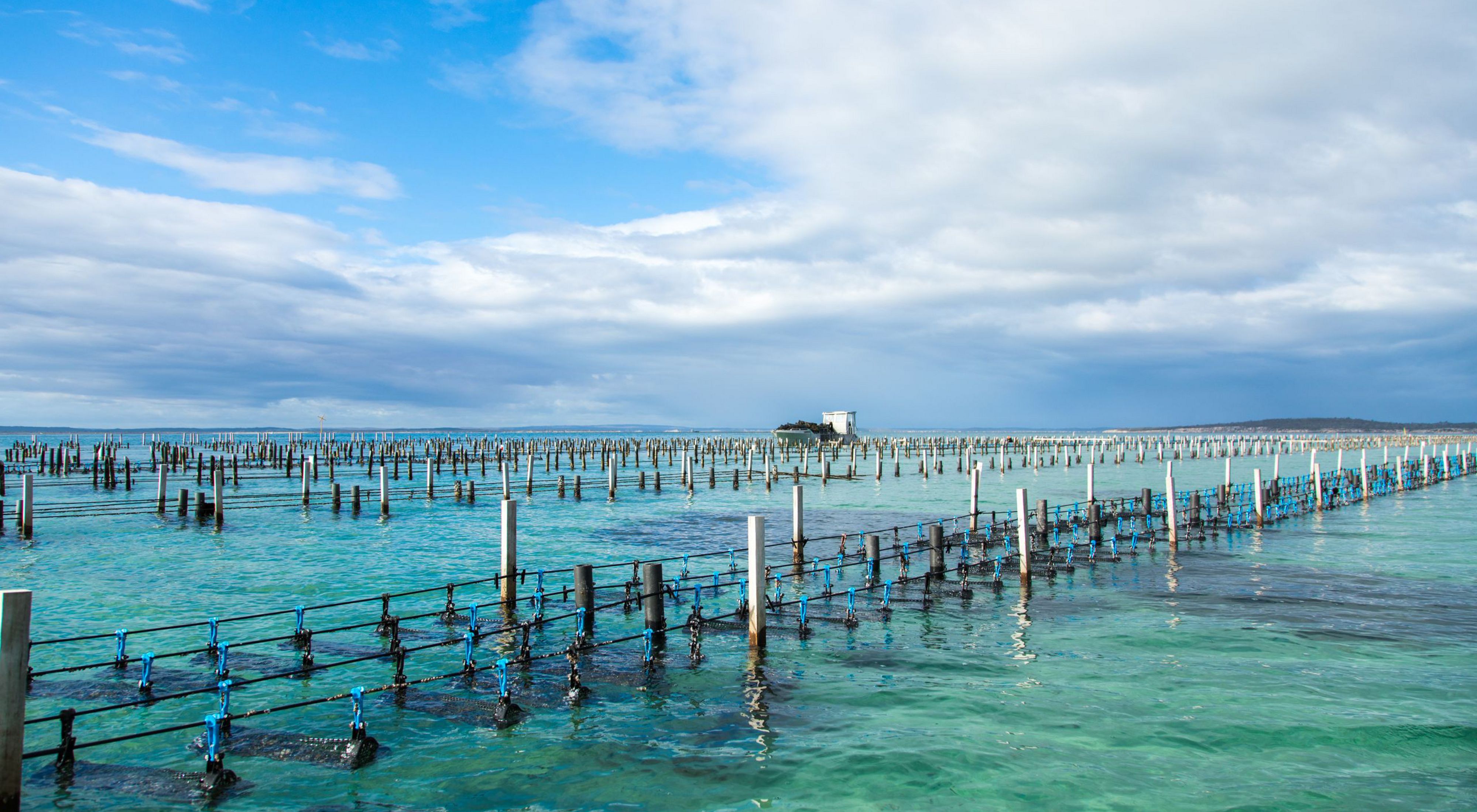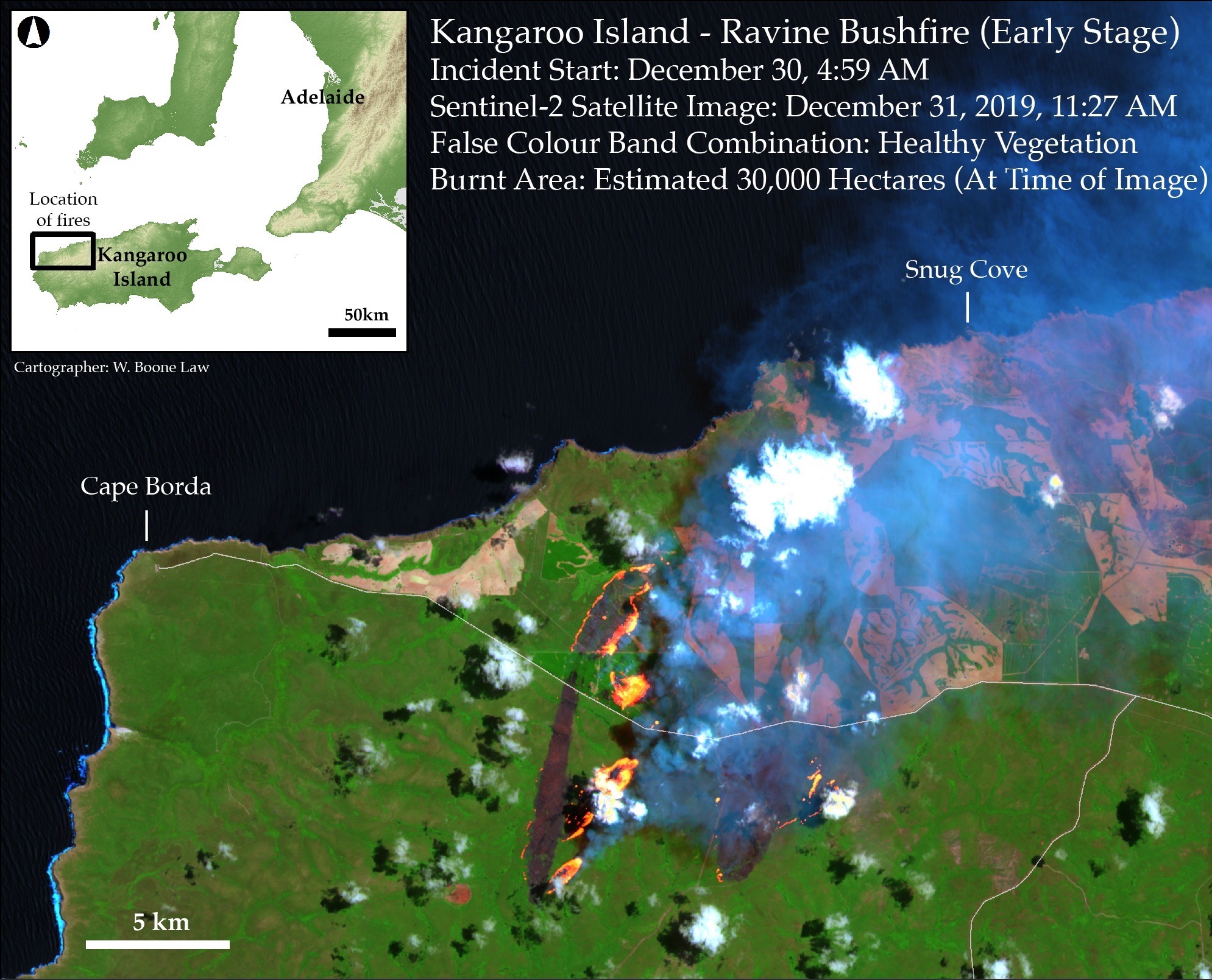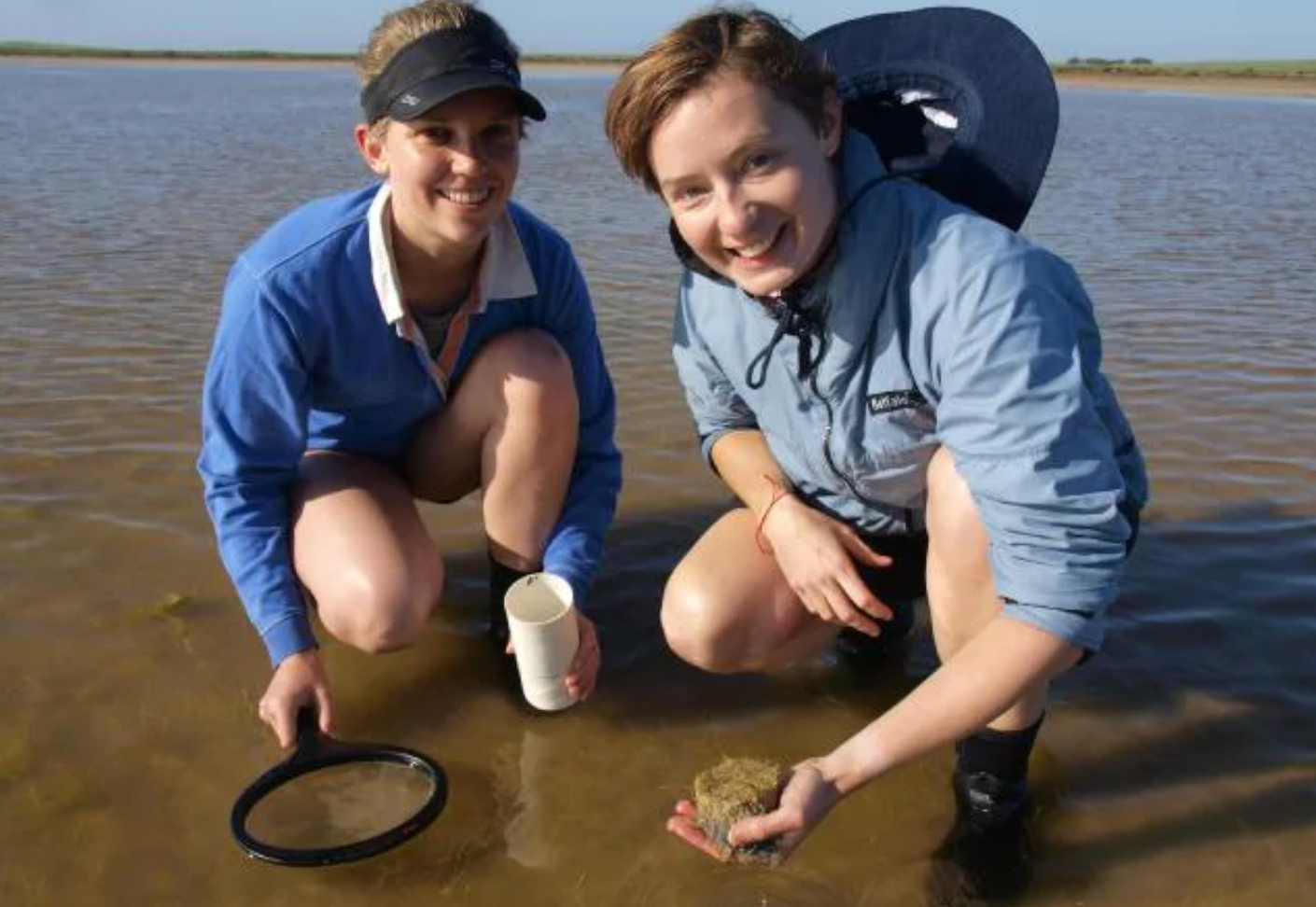BLOGS WEBSITE
TAG: The Conversation
Ancient DNA reveals a hidden history of human adaptation
Humans may be just as vulnerable to environmental change as other animals, according to our new research analysing genetic data from more than a thousand people who lived across Europe and Asia over the past 45,000 years. We found traces of more than 50 “hard sweeps” in which a rare genetic variant rapidly swept through […]
Comments Off on Ancient DNA reveals a hidden history of human adaptation
Study finds famous Australian caves are up to 500,000 years older than we thought – and it could help explain a megafauna mystery
South Australia’s Naracoorte Caves is one of the world’s best fossil sites, containing a record spanning more than half a million years. Among the remains preserved in layers of sand are the bones of many iconic Australian megafauna species that became extinct between 48,000 and 37,000 years ago. The reasons for the demise of these […]
Comments Off on Study finds famous Australian caves are up to 500,000 years older than we thought – and it could help explain a megafauna mystery
We helped fill a major climate change knowledge gap, thanks to 130,000-year-old sediment in Sydney lakes
Plants capture around half the carbon we emit by burning fossil fuels, making them a crucial part of mitigating climate change. But carbon is often released back into the atmosphere when plants die, decompose and eventually turn into dirt. Carbon is only permanently removed from the atmosphere if it’s stored in sediments that accumulate at the bottom […]
Comments Off on We helped fill a major climate change knowledge gap, thanks to 130,000-year-old sediment in Sydney lakes
Once the fish factories and ‘kidneys’ of colder seas, Australia’s decimated shellfish reefs are coming back
Australia once had vast oyster and mussel reefs, which anchored marine ecosystems and provided a key food source for coastal First Nations people. But after colonisation, Europeans harvested them for their meat and shells and pushed oyster and mussel reefs almost to extinction. Because the damage was done early – and largely underwater – the destruction of […]
Comments Off on Once the fish factories and ‘kidneys’ of colder seas, Australia’s decimated shellfish reefs are coming back
Baby oysters follow the crackling sound of snapping shrimp
Though oysters may be brainless bivalves, they can “hear” and swim towards attractive sounds of the sea. We played the crackling sound of snapping shrimp, which indicates a healthy reef, to baby oysters using underwater speakers. We discovered the oysters swim towards the sound. This opens the possibility of playing marine sounds to attract oysters […]
Comments Off on Baby oysters follow the crackling sound of snapping shrimp
What is a 1 in 100 year weather event and why do they keep happening so often?
People living on the east coast of Australia have been experiencing a rare meteorological event. Record-breaking rainfall in some regions, and very heavy and sustained rainfall in others, has led to significant flooding. In different places, this has been described as a one in 30, one in 50 or one in 100 year event. So, what […]
Comments Off on What is a 1 in 100 year weather event and why do they keep happening so often?
University of Adelaide researchers raise awareness on the importance of satellite imagery for mapping bushfire impacts
The Conversation features lessons learnt by Boone Law as he mapped bushfire impacted areas on Kangaroo Island. By PhD candidate Wallace Boone Law with contributions from Megan M. Lewis. My recent experience suggests there is a considerable knowledge gap between ‘Big Satellite Data’ and ‘those who need it’. Megan and I share the concern that neither the general public […]
Comments Off on University of Adelaide researchers raise awareness on the importance of satellite imagery for mapping bushfire impacts
Blue coastal carbon is set to be the new ‘boom’ for coastal communities
A little known secret about Australian seagrass, mangroves and salt marshes is the ability to capture and store more carbon than the plants on dry land. South Australia is set up to protect and expand these ecosystems, whilst making money in the process for coastal communities. Plants growing in these watery places capture and store more […]
Comments Off on Blue coastal carbon is set to be the new ‘boom’ for coastal communities

